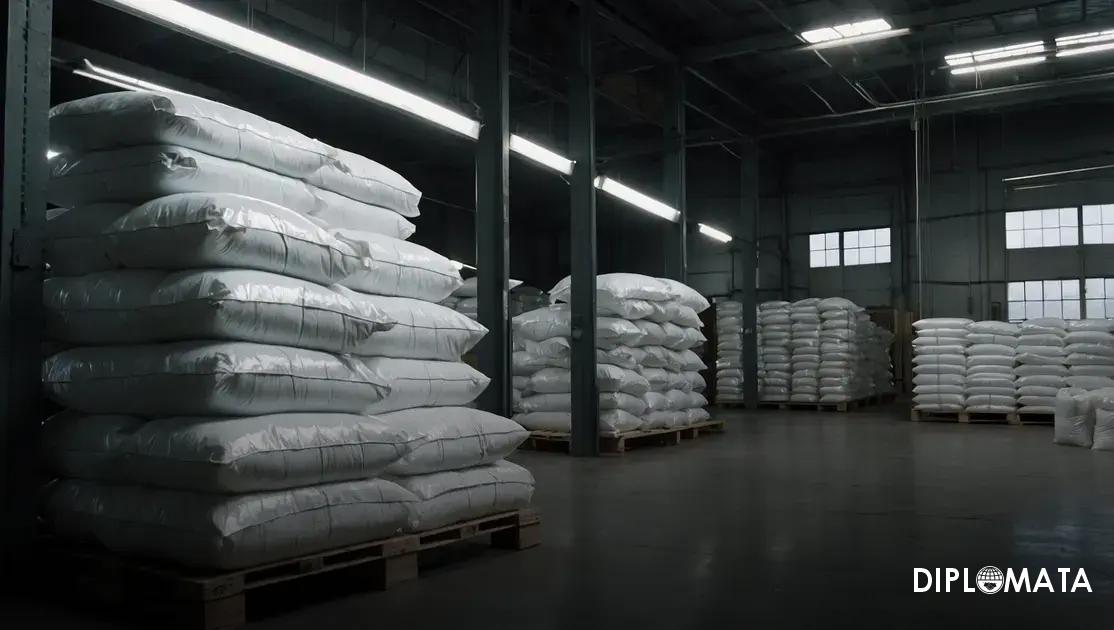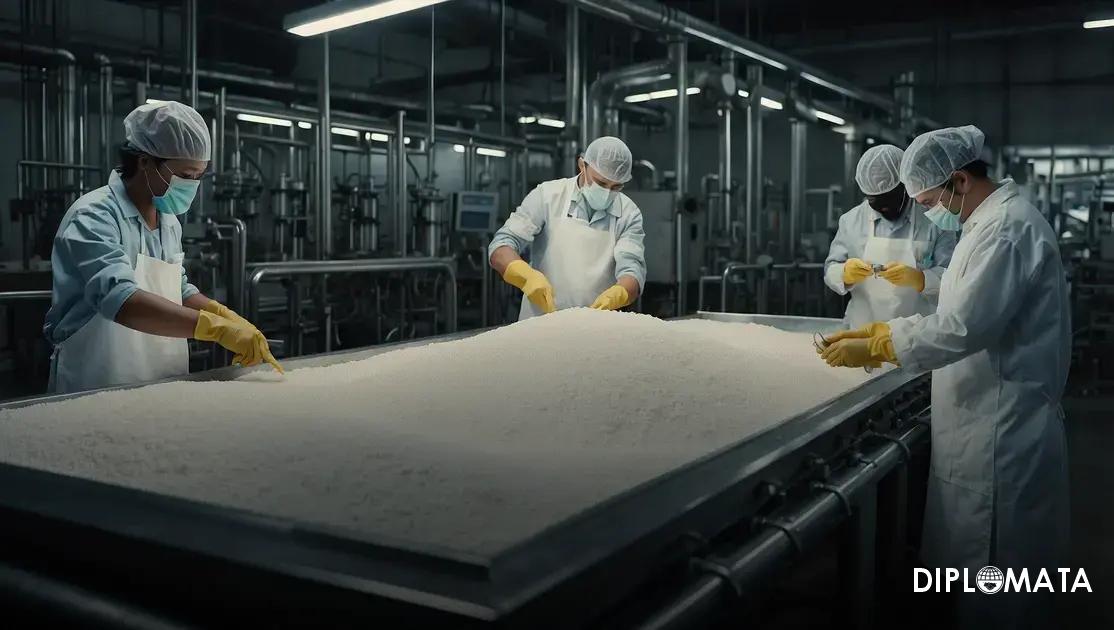Understanding Chemical Procurement
Chemical procurement refers to the strategic sourcing and purchasing of chemicals required for various industrial applications. It encompasses identifying suppliers, negotiating contracts, and ensuring compliance with regulations. In the context of the chemical industry, this process is crucial for maintaining the supply chain’s integrity and ensuring the availability of high-purity raw materials, such as amines.
The Role of Suppliers in Chemical Procurement
Suppliers play a pivotal role in chemical procurement by providing the necessary materials, including monoethanolamine, diethanolamine, and triethanolamine. Establishing strong relationships with reliable suppliers is essential for companies looking to secure consistent quality and competitive pricing. A trusted supplier not only delivers on time but also offers insights into market trends and potential disruptions.
Importance of Quality Standards
In the chemical procurement process, adhering to quality standards is paramount. Chemicals, especially those like diethanolamine, must meet stringent purity requirements to ensure they function effectively in their intended applications. Compliance with international quality standards helps mitigate risks associated with product failures and enhances customer satisfaction.
Cost Management in Chemical Procurement
Effective cost management is a critical aspect of chemical procurement. Companies must analyze their procurement strategies to identify cost-saving opportunities without compromising quality. This involves negotiating better terms with suppliers, exploring bulk purchasing options, and optimizing inventory management to reduce holding costs.
Regulatory Compliance in Chemical Procurement
Navigating the regulatory landscape is a significant challenge in chemical procurement. Companies must ensure that all chemicals sourced comply with local and international regulations, including safety and environmental standards. Non-compliance can lead to severe penalties and damage to a company’s reputation.
Technological Advancements in Procurement
The advent of technology has transformed chemical procurement processes. Digital platforms and software solutions enable companies to streamline their procurement operations, enhance data management, and improve supplier collaboration. Such innovations can lead to increased efficiency and reduced procurement cycles.
Global Sourcing Strategies
In the global economy, companies often adopt international sourcing strategies to access high-quality chemicals at competitive prices. This involves evaluating potential suppliers from different regions, understanding their market dynamics, and assessing logistics challenges. Effective global sourcing can significantly enhance a company’s competitive edge in the market.
Risk Management in Chemical Procurement
Managing risks associated with chemical procurement is crucial for ensuring business continuity. Companies should conduct thorough risk assessments to identify potential vulnerabilities in their supply chain, such as supplier reliability, geopolitical issues, and market fluctuations. Developing contingency plans can help mitigate these risks.
Future Trends in Chemical Procurement
The future of chemical procurement is likely to be influenced by sustainability trends and the growing demand for eco-friendly materials. Companies may increasingly seek suppliers who prioritize sustainable practices and green chemistry innovations. This shift not only meets consumer preferences but also aligns with regulatory pressures for environmental responsibility.


